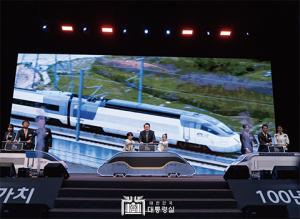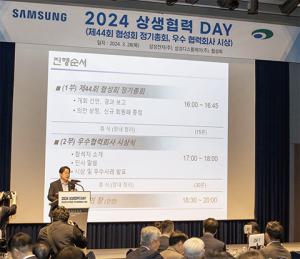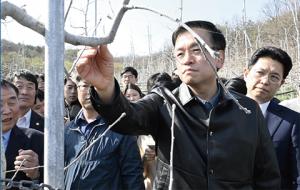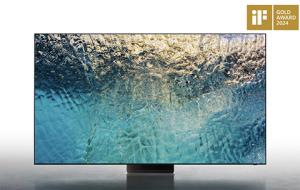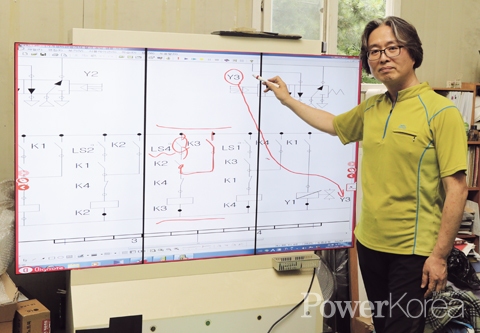 |
||
| ▲ MYCNO1 / Principal Yoon Young-choon | ||
Machine is born to break. Whether it is a cutting edge tech loaded machine or long-time functioning machine, no machine works without repair and maintenance. It is the reason licensed mechanics are needed.
As a vocational school, MYCNO1 is one of a few holders of training purpose hydro-pneumatic pressure in South Korea. The school trains students to the level of obtaining repair and maintenance certificates and a class consists of up to nine only for good results.
The curriculum covers almost all areas of industrial machines from installation and disassemble to operation, electricity, noise, layout, air conditioning, heating and piping and many more.
And the hydro-pneumatic pressure course especially is important for students to obtain certificates. One or two of theory and practice class is not enough as it requires intensive and repetitive trials.
"For this reason, I put the dydro-pneumatic pressure class first before any other courses so that students get familiar with the machine faster and more efficiently" says MYCNO1 Principal Yoon Young-choon.
The Machine Equipment Act categorizes certified manpower into first, second, third and fourth degrees. The first must have at least 3 year experience, the second 7 years, the third 10 years and the fourth 13 years.
South Korean certificate systems are largely dependent on German's. The difference is that German certificate courses can be directly applied at the field after successful completion while Korean's do not help much at the field.
"This is because Korean's focus more on theory and idle when it comes to mechanic parts. The government introduced NCS (National Competency Standards) for this but it still takes its direction to programatized or simulated. In other words, it still lacks on-site training. Naturally, new comers with certificates are hard to apply what they learned from the school at the field which contributes to poor productivity, efficiency and manpower" explains Yoon.
Taking the problem seriously, Yoon is currently working on building a national level training center.
"Training centers, trainees, instructors and companies should be organically connected in order to create a synergy and to prevent waste of time, money and manpower. So the curriculum must be down-to-earth to each necessary field of application. And this is what I want to achieve."
권동호 기자 dongho2010@naver.com

